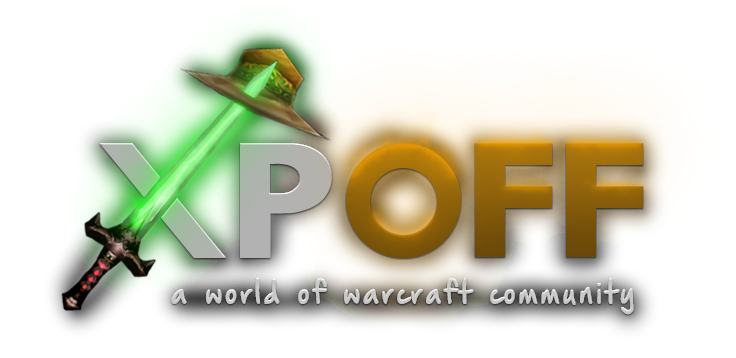To the extent that people without gear and enchants admire and fawn over the teams of enchanted 29s queing together to face-stomp them without any real competition, I agree it is Stockholm Syndrome.
People like to pretend that anything that happens virtually or in a video game operates by no rules or by different rules unrelated to the real world. But as long as we are humans behind the screens, moving the avatars, we will move them based on our human psychology, and the same psychological dynamics that affect us in the real world play out also in virtual space.
In fact, video games make exceptionally excellent spheres for the study of many aspects of psychology and economics. They are enclosed systems of rules in which operate free agents (players). The rules always differ to some degree from those of the real world. Statistics are conveniently easier to track. This allows for easy analysis of the effects of the various factors. In many ways, mmo-type video games are ideal scientific modeling software for studying the behavior of free agents in a rule-based system.
So, I think you're very much on the right track.
Stockholm syndrome is a rather pathetic aspect of human nature, imo., but I see it all the time in video games. I remember when flying became available in Azeroth and the lvl 60s started hovering over Stranglethorn Vale all day, looking for lvl 20-30 questers to one-shot. That's not Stockholm Syndrome so far. But as soon as those lvl 20-30 hit lvl 60 themselves, they would fly right over to STV to do the same thing. The question becomes, why?
At first, one might be tempted to answer, "for revenge." But it's not revenge if it's exacted against the wrong person, on purpose. When parents who were abused as children grow up to abuse their own children, it is not for "revenge," because their children are not their parents. They are innocents.
Rather, it is because it is beneficial to our survival to admire and emulate power, and we have evolved to do just that. Part of us admires the parent who beats us or the stranger who enslaves or tortures us, because we'd rather be like them than like ourselves. So when we grow up, we, often subconsciously, emulate the roles models who are the ones who had power over us when we were weak. We abuse our children. And a virtual equivalent is that when we hit "max lvl," we look for "lowbies" to corpse-camp. Cycles of abuse are natural. But they are not good. And they are optional. We can opt out. That is what "morality" is all about: opting out of negative natural inclinations.
The extent to which a given psychological dynamic effects a given specimen falls on a spectrum from 'no effect' to 'very strong effect.' So we should not expect that ALL victims of abuse will perpetuate an abusive behavior. Some will, and some won't, and to varying degrees.
For those that are strongly effected, they have difficulty recognizing certain behaviors as vile and truly, sadly, pathetic. They will rationalize in irrational ways. They'll attempt to win some perceived argument by changing the questions to answer and easier question. For example, they would say when asked about it, back in those days(I asked), "This is a PvP server. If you don't like it, go play on a PvE server." But the question isn't whether or not the victim likes it. The question was, why do the perpetrators like it? What do they get out of it? That it is a PvP server doesn't answer that. I believe that acting out fantasies of stamping upon the weak, innocent, and defenseless arises from the "bully's" admiration of those who have done the same to him. And to that extent, it is Stockholm syndrome.
This is played out in the issues f2p wow players have always had with 24s, and now 29s. Some despise them as pathetic weaklings. And others admire them and want nothing more than to be friends with them. For that latter group, Stockholm Syndrome is at play. And Stockholm Syndrome itself is an effect of the genetic usefulness of aligning oneself with power.
Feel free to use any of this in your paper, as your own, without citation.
 So i think 20-29 is a pretty good place to start.
So i think 20-29 is a pretty good place to start.
 )
)


 ) they were begging to be farmed some more
) they were begging to be farmed some more  How can I relate this farming and humilations to stockholm syndrome
How can I relate this farming and humilations to stockholm syndrome